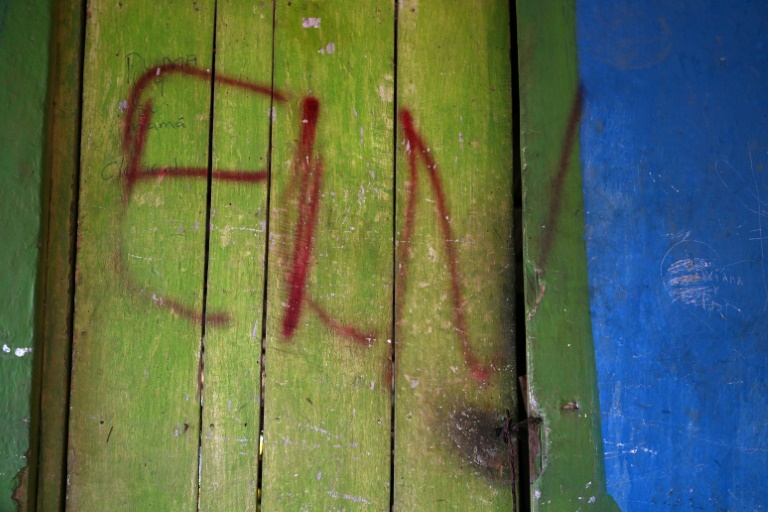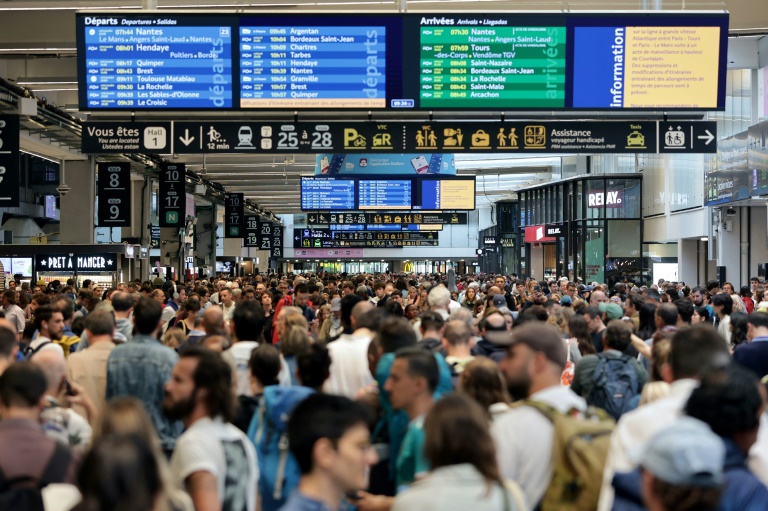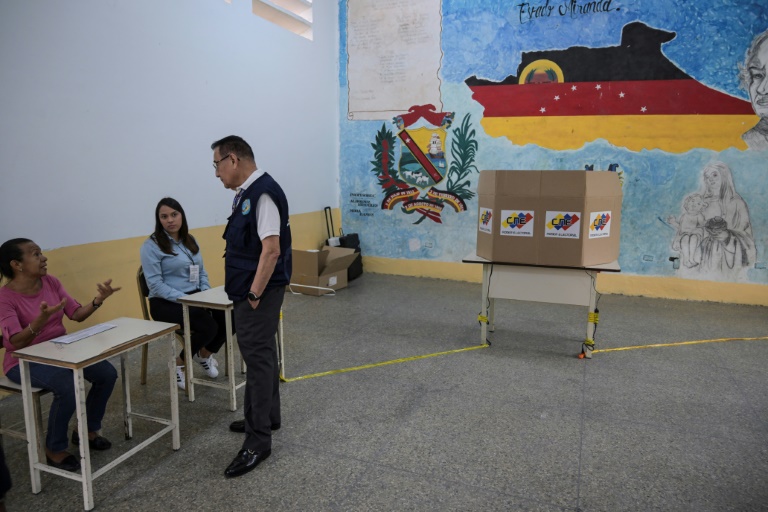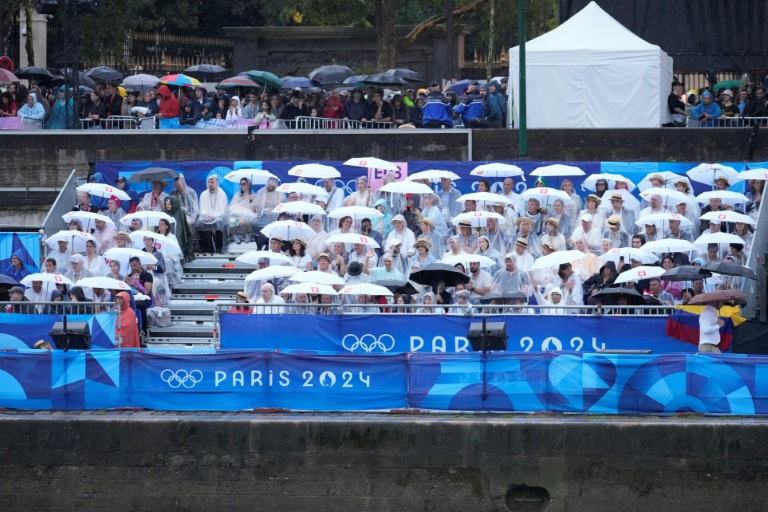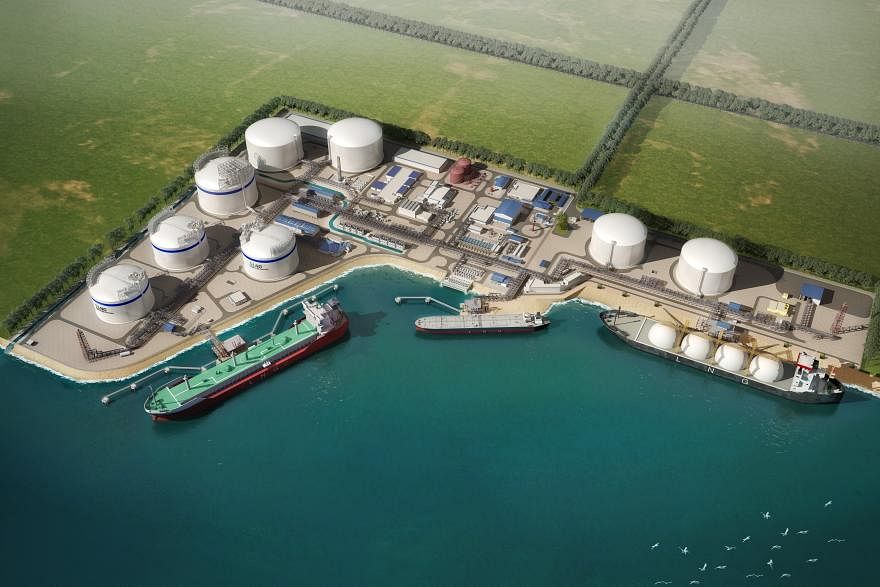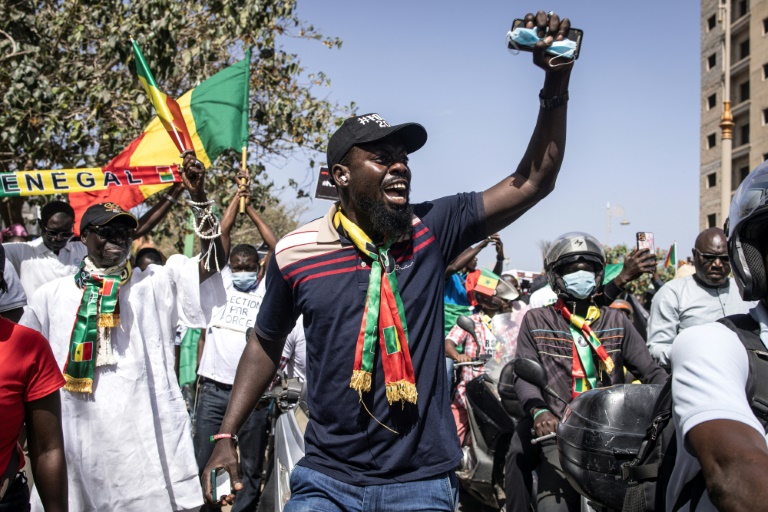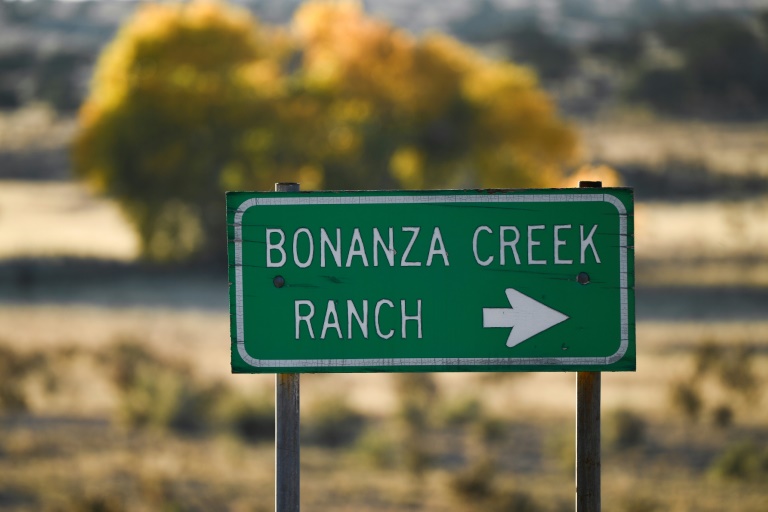Colombia’s government on Wednesday blamed the ELN guerrilla group for unnecessarily prolonging the country’s decades-old armed conflict by putting on hold ongoing peace negotiations.
The ELN, or National Liberation Army, had on Tuesday accused Bogota of violating ground rules set out when talks started in 2022, and declared the process “frozen” until further notice.
“The decisions taken unilaterally by the ELN… lead to an unnecessary crisis that prolongs the armed confrontation and violence suffered by communities,” the presidency of Gustavo Petro said in a statement.
It added the ELN’s move was undermining broader confidence in the rebels’ “will for peace.”
Since his election in 2022 as Colombia’s first-ever leftist president, Petro has sought to put an end to six decades of fighting that has drawn in the country’s security forces, guerrillas, right-wing paramilitaries and drug gangs.
Talks with the ELN resumed in November that year. They had been suspended by Petro’s predecessor Ivan Duque in 2019 after a car bomb attack on a police academy in Bogota that left 22 people dead.
The Marxist group has taken part in failed negotiations with Colombia’s last five governments.
The much larger Revolutionary Armed Forces of Colombia, or FARC, laid down arms under a historic peace accord reached in 2016, though some renegade fighters rejected the deal and remain active under a new name.
Talks with the ELN as part of Petro’s quest for “total peace” have faced multiple setbacks. The group, which is linked to drug trafficking, has been accused by rights observers of taking advantage of various ceasefires to expand its influence, seize more territory and recruit new members.
Founded in 1964, the ELN boasts an estimated 5,800 fighters, active mainly on Colombia’s Pacific coast and along the border with Venezuela in the northeast.
The ELN has a centralized command but individual units have a degree of autonomy, further complicating negotiations.
The peace process was recently thrown into doubt when an ELN faction kidnapped the father of Colombian footballer Luis Diaz last October, releasing him 12 days later.
On Tuesday, it complained that the government of southeast Narino department had announced separate talks with ELN fighters there, while negotiations are meant to be held at a centralized level.
Because of this, “the process has gone into crisis,” the group declared.
Successive rounds of talks have been held in Venezuela, Mexico and Cuba, countries acting as guarantors of the peace process along with Brazil, Chile and Norway.
The government insisted Wednesday it had “fulfilled all its commitments” under the peace process.
For its part, the office of the ombudsman in a statement described the ELN’s position as “unacceptable,” and criticized the actions of its Western War Front that “has confined 40,000 inhabitants of the San Juan subregion of Choco for two weeks.”
Petro is also attempting to negotiate with other armed groups.

